People
On this page: Director | Faculty | Graduate Student Representatives | Current Students | Alumni
You can learn more about our faculty, our program staff, our current student cohorts, and alumni of the Policy Studies program. If you have questions about this program, please feel free to contact us for further information.
Graduate Director
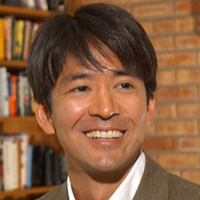
Keith Nitta
Associate Professor
Education: Ph.D., Political Science, University of California Berkeley
Research Fields: Education Policy, Policy Process, Politics
Methodological Expertise: Interviewing, Focus Groups, Survey, Program Evaluation
Faculty
Explore profiles of our core and affiliate faculty members, including information on areas of expertise, pedagogy, courses taught, research/scholarship, and selected publications.
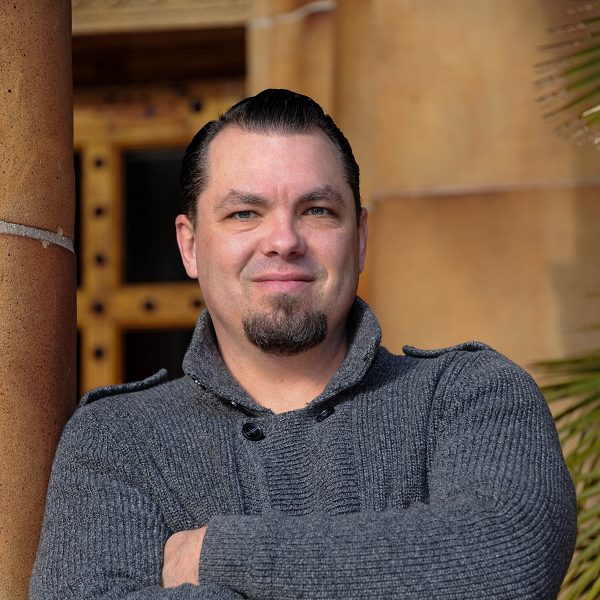
Charlie Collins
Associate Professor
Education: Ph.D., Ecological Community Psychology, Michigan State University
Research Fields: Community psychology, community organizing, racial and social justice
Methodological Expertise: advanced quantitative methods and analysis, social network analysis, survey methods, interview methods, hard to reach populations
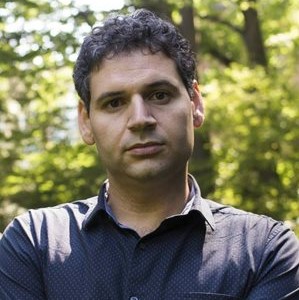
Karam Dana
Professor
Education: Ph.D. Interdisciplinary Near and Middle Eastern Studies, University of Washington
Research Fields: Middle East Politics; US Foreign Policy in the Middle East; Palestinian Society; Race and Ethnicity; Islam and Muslims in the US.
Methodological Expertise: Mixed methods (Surveys, Interviews, Focus Groups, Archival Research)
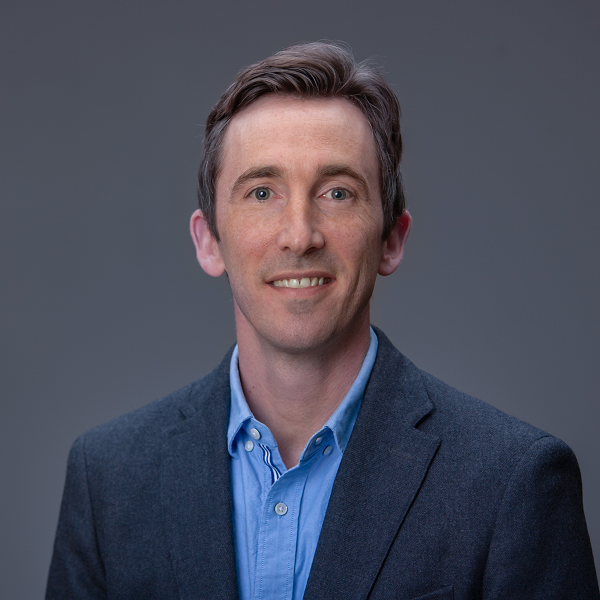
Joseph J. Ferrare
Associate Professor
Education: Ph.D., Curriculum Theory & Research Methods, University of Wisconsin, Madison
Research Fields: Education policy, policy formation, policy networks
Methodological Expertise: Social network analysis, clustering and scaling, mixed methods, research design
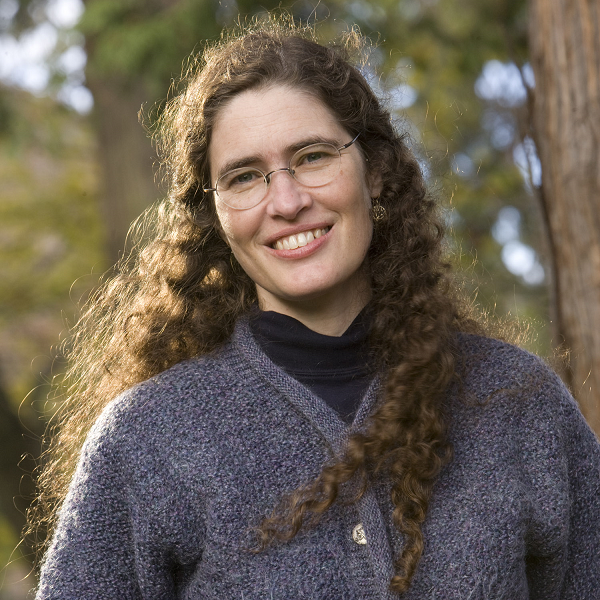
Martha Groom
Professor
Education: Ph.D., Zoology, University of Washington
Research Fields: Biodiversity Conservation, Land Use Planning, Sustainable Development, Environmental Justice, Ecology
Methodological Expertise: Experimental design, Quantitative and some Qualitative methods (survey and interview)
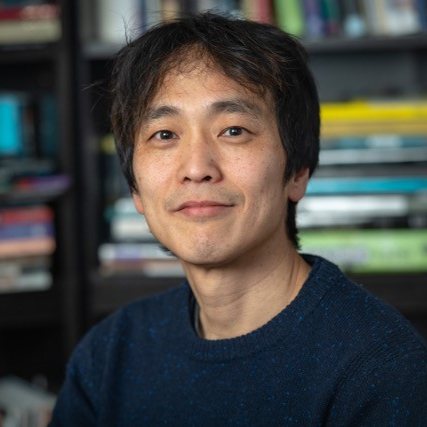
Jin-Kyu Jung
Professor
Education: Ph.D., Geography, State University of New York at Buffalo
Research Fields: Urban Geography, Urban Planning
Methodological Expertise: Geographic Information Sciences (GIS); participatory mapping; qualitative/mixed methods
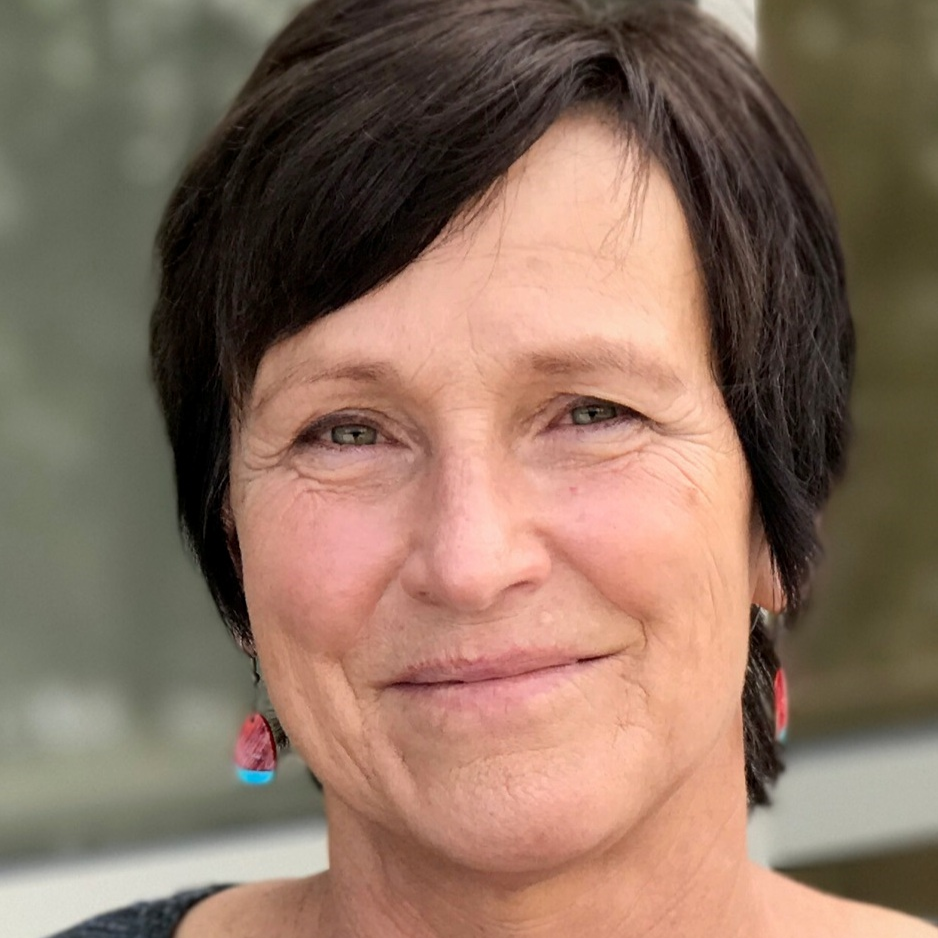
Margaret H. Redsteer
Associate Professor
Education: Ph.D., Trace Element Geochemistry, Oregon State University
Research Fields: Geologic hazards, Climate change adaptation and marginalized populations, Co-production of environmental knowledge
Methodological Expertise: physical sciences, experimental design, qualitative methods (survey and interview)

Robert Turner
Teaching Professor
Education: Ph.D. Marine Science, University of North Carolina at Chapel Hill
Research fields: Environmental management and monitoring, Enviromental geography, Environment and Sustainability
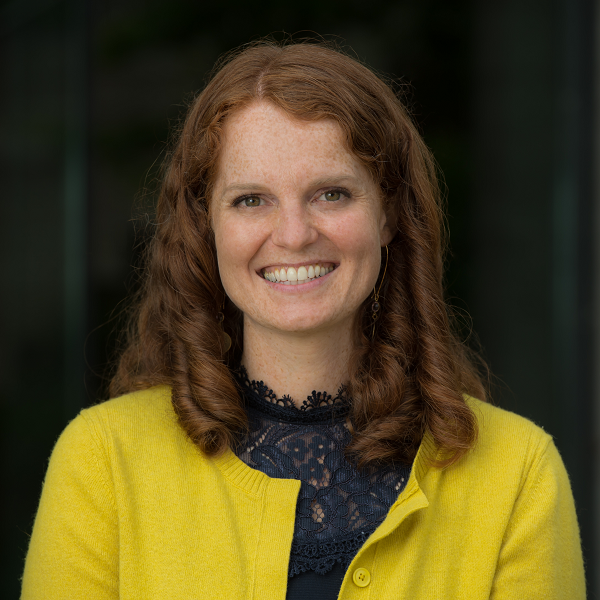
Camille Walsh
Associate Professor
Education: Ph.D., History, University of Oregon; J.D. Harvard Law School
Research Fields: Legal and Policy History; Education Policy; Critical Race and Gender Studies; Human Rights; Tax Policy
Methodological Expertise: Qualitative Methods; Legal Research; Textual Analysis; Archival Research/Historical Analysis
Graduate Programs Staff
Learn about IAS Graduate Programs staff members. Feel free to contact us with any questions or to get more information about our graduate programs!
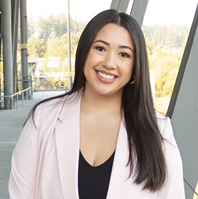
Stephanie Lê
Graduate Programs Manager
Stephanie’s bio
Stephanie Lê is the new Graduate Program Operations Manager and a proud double Husky alum, holding a B.A. in Educational Studies and an M.A. in Policy Studies from the University of Washington Bothell. She is currently serving as Secretary for the General Staff Organization (GSO).
Now in her ninth year at UW Bothell, Stephanie has grown through a wide range of roles, beginning as a Premajor Advisor and later serving in the School of Business, the School of Interdisciplinary Arts & Sciences (IAS), and as a Senior Advisor in the centralized advising restructure. She now returns to IAS to support the school’s graduate programs.
As a first-generation college graduate, Stephanie brings a deep understanding of the challenges many students face when navigating higher education. This experience fuels her commitment to fostering inclusive, supportive learning environments. Her academic and professional work centers on AI literacy in education, with a focus on how emerging technologies influence equity and policy across global contexts. She is also deeply dedicated to gender equity in technology and actively supports initiatives that uplift women and other underrepresented groups in AI.
Outside of work, Stephanie enjoys traveling, learning in global contexts, sipping on boba, and hunting for her next blind box, with Cry Baby’s being her all-time favorite. She also loves unwinding with her go‑to shows and films, including Gilmore Girls, Abbott Elementary, Studio Ghibli classics, and a good thriller.
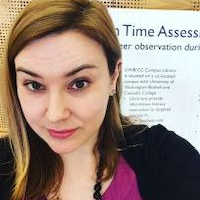
Chelsea Nesvig
Research Librarian
Chelsea’s bio
As Policy Studies Librarian, Chelsea assists students in conducting research and literature reviews for course assignments and capstone projects. She works with students both in the classroom and on a one-to-one basis.
Chelsea graduated with her MLIS from the University of Washington iSchool in June 2014. She joined the Campus Library in January 2015 and has taught online and face-to-face in the lower division information literacy curriculum at both UW Bothell and Cascadia, along with providing instruction and support to faculty and students in UW Bothell’s School of Nursing and Health Studies. Chelsea became the Global & Policy Studies librarian in April 2016.
Current Graduate Students
2025 Cohort
- Emmanuel Ahenkorah
- Bahja Ali
- Liz Daniel
- Nardia Duarte
- Zerzafire Francisco
- Larry Georger
- Liam Hunter
- Nathan Russom
- Sonia Singh
- Ben Stafford
- Anna Templeton
- Mohammed Yussif
- Felicia Zsiros
Featured MAPS Students
Read about some of our dynamic Policy Studies graduate students and their interests.
Emmanuel Kofi Dei Ahenkorah [he/him]

EDUCATION
B.Ed. in Education Studies, University for Development Studies, Ghana
RESEARCH INTERESTS
Educational policy, immigration, mental health and homelessness
SNAPSHOT
Emmanuel is an educator with over seven years of local and international teaching experience and a strong background in Policy Studies. He is passionate about pursuing a Ph.D. to deepen his expertise in education and health-related policy issues—an interest reflected in his current Capstone project. Driven by a desire to use research and data to inform effective decision-making, Emmanuel aspires to become a policy analyst who contributes to evidence-based policy solutions. Outside of his professional pursuits, he enjoys public speaking and helping others achieve their personal and academic goals.
Liz Daniel [she/her]

EDUCATION
B.A. in International Studies & B.A. in French, University of Idaho
RESEARCH INTERESTS
Environmental sustainability, public health and safety
SNAPSHOT
I’m excited to return to school with 7 years of experience in non-profit organizations. I’m currently the Deputy Executive Director of the Northwest Avalanche Center, where my work focuses on providing the tools and education that allow our PNW community to safely recreate in the mountains. As a MAPS student, I look forward to developing my analytical skills and taking knowledge forward to make a positive difference in the world.
Ben Stafford [he/him]

EDUCATION
B.A. in Political Science & minor in History, American University
RESEARCH INTERESTS
Politics & technology, urban/rural divides, conservation and history
SNAPSHOT
After a 5-year break from school, I am excited to reengage with the kind of policy research I am passionate about as a student in the MAPS Program. During my undergraduate studies in Washington DC, I focused my work on Comparative Politics and was greatly interested in democratic institution-building in the developing world. My areas of interest center on researching and comparing the historical development of often vastly different governmental systems and developing policy solutions for current crises. Outside of my studies, my interests include hiking, making music, cooking, and reading. I am looking forward to deepening my knowledge and making new connections in the MAPS Program.
Anna Templeton [she/her]

EDUCATION
B.A. in Law, Economics, and Public Policy (Honors) with minors in Law, Societies, and Justice, and Human Rights, University of Washington Bothell
RESEARCH INTERESTS
Sustainability, digital policy, privacy laws and data regulation
SNAPSHOT
My recent internship with Seattle’s Office of Sustainability and Environment strengthened my ability to translate complex policy issues into accessible and actionable public messaging. I designed and executed a citywide campaign addressing overconsumption during the back-to-school season, while also contributing to newsletters, blog content, and cross-department collaboration. This work sharpened my skills in research, communication, and strategic policy outreach, and reinforced my interest in equity-centered approaches to sustainability. Additionally, my internship with The Borgen Project gave me valuable experience in advocacy and grassroots mobilization. During my MAPS Program experience, I am eager to expand these skills and apply them to pressing challenges at the intersection of sustainability, digital governance, and public policy.
Felicia Zsiros [she/her]

EDUCATION
B.A. in Law, Economics and Public Policy, University of Washington Bothell
RESEARCH INTERESTS
Foreign policy, human rights and economic inequality
SNAPSHOT
Driven by a deep commitment to justice and equality, my academic and professional interests have consistently focused on the intersection of law and public policy. With a strong foundation in legal and policy analysis, I desire to work with legislation to shape policies that serve the broader public interest. I am passionate about leveraging research, critical analysis, and advocacy to advance evidence-based policy that promotes meaningful social and structural change.
Graduate Student Representatives (GSR)
Our Graduate Student Representatives facilitate mechanisms and spaces by which students in the program can contribute to discussions about the program and degree. In this capacity they serve as a resource to other students and the program director.
- GSRs for the 2025-2026 cohort: Anna Templeton
Alumni
Our alumni work in a variety of policy-related settings across professional sectors. Learn about their experiences in the program and how they are applying their degrees.
Alumni Ambassadors are alumni representatives who embody the values and aims of the M.A. in Policy Studies program. As alumni working across diverse roles and sectors, they support prospective students, current students, and fellow alumni by sharing how they’ve translated their degrees and navigated their careers.
Learn about our Alumni Ambassadors and email iasgrad@uw.edu to be connected.
Asiya (Asiya Budden) Abdul-Alim, ’18
Asiya (Asiya Budden) Abdul-Alim (She/Her) is Scheduling Case Manager and President of ASPIRE (African Americans, Successfully, Promoting, Inclusivity, Respect & Equity) at Dendreon. Asiya is an innovative problem solver, who believes that every problem has a solution. Her strengths are training and development, effective leadership, policy procedure, development and implementation. She thrives in a workplace environment that fosters an open door policy and celebrates creative problem solving, innovation and diversity.
At Dendreon, Asiya oversees the scheduling and monitoring patients’ treatments in a diverse environment, with an emphasis on patient experience. She manages the creation and execution of production plans supporting treatment, including but not limited to production and demand planning, logistics analysis, scheduling, and real-time product monitoring.
Joren Clowers, ’18
Joren Clowers is a Government Relations Liaison and lobbyist working at the Washington State Legislature where he represents association and business interests. He previously worked as a Legislative Assistant in the State House of Representatives and as a Campaign Manager for a successful State House race. During his M.A, Joren worked as the Student Assistant in the UW Bothell Office of Government & Community Relations.
Joren received his M.A. in Policy Studies (‘18) from UW Bothell where he researched voting trends of young adults. He also attended UW Bothell for undergraduate coursework where he double majored in Law, Economics & Public Policy and American Ethnic Studies with a minor in Human Rights (’17).
Marjan Didra,’19
Marjan Didra moved to the United States in 2009. She holds an M.A. in Policy Studies and B.A. in Gender Women and Sexuality Studies from the University of Washington Bothell. Marjan believes in public service and started her mission of serving her community in 2012 through canvassing, fundraising, and advocating for marginalized communities.
Marjan also has a lived experience as a spouse of a Veteran and is currently working as a Director of Veterans Affairs for Senator Murray’s office. She continues her mission of service by assisting our Washington State Veterans and their families to make sure their voice is heard and that they have access to existing resources.
Kaylee Galloway, ’18
Kaylee Galloway graduated from UW Bothell with her M.A. in Policy Studies in 2018. She currently works for the Washington State House of Representatives as a Legislative Assistant to Representative Debra Lekanoff (40th LD). Galloway previously served as Community Liaison for Congresswoman Suzan DelBene (WA-01) in Whatcom and Skagit Counties and as a Staff Assistant for Senator Maria Cantwell in Washington, D.C.
Kaylee has extensive outreach experience where she has engaged government officials and stakeholders on a diverse range of topics. Her passions include climate change, renewable energy, green buildings, agriculture, green transportation and infrastructure, which she was able to explore through her capstone on sustainable community development and relevant local, state and federal policy. Her undergraduate work at Western Washington University included a Bachelors in Politics, Philosophy, and Economics in addition to minors in Energy Policy and Law, Diversity & Justice.
David Gordon, ’16
David Gordon holds an M.A. in Policy Studies from UW Bothell where he researched the negative effects of the United States sports betting prohibition (which may or may not have led to the Supreme Court overturning the prohibition in 2018!). David received his B.A. in Law, Economics and Public Policy (’14) from UW Bothell.
David has worked for the Seattle consulting firm Nickerson & Associates as a Policy Analyst focusing on progressive transportation policies and as Legislative Coordinator for Jefferson County, Colorado. He’s currently with Esource.com, a research and consulting resource for the Utility Industry, where he uses his policy background as a writer, editor, researcher, and subject matter expert.